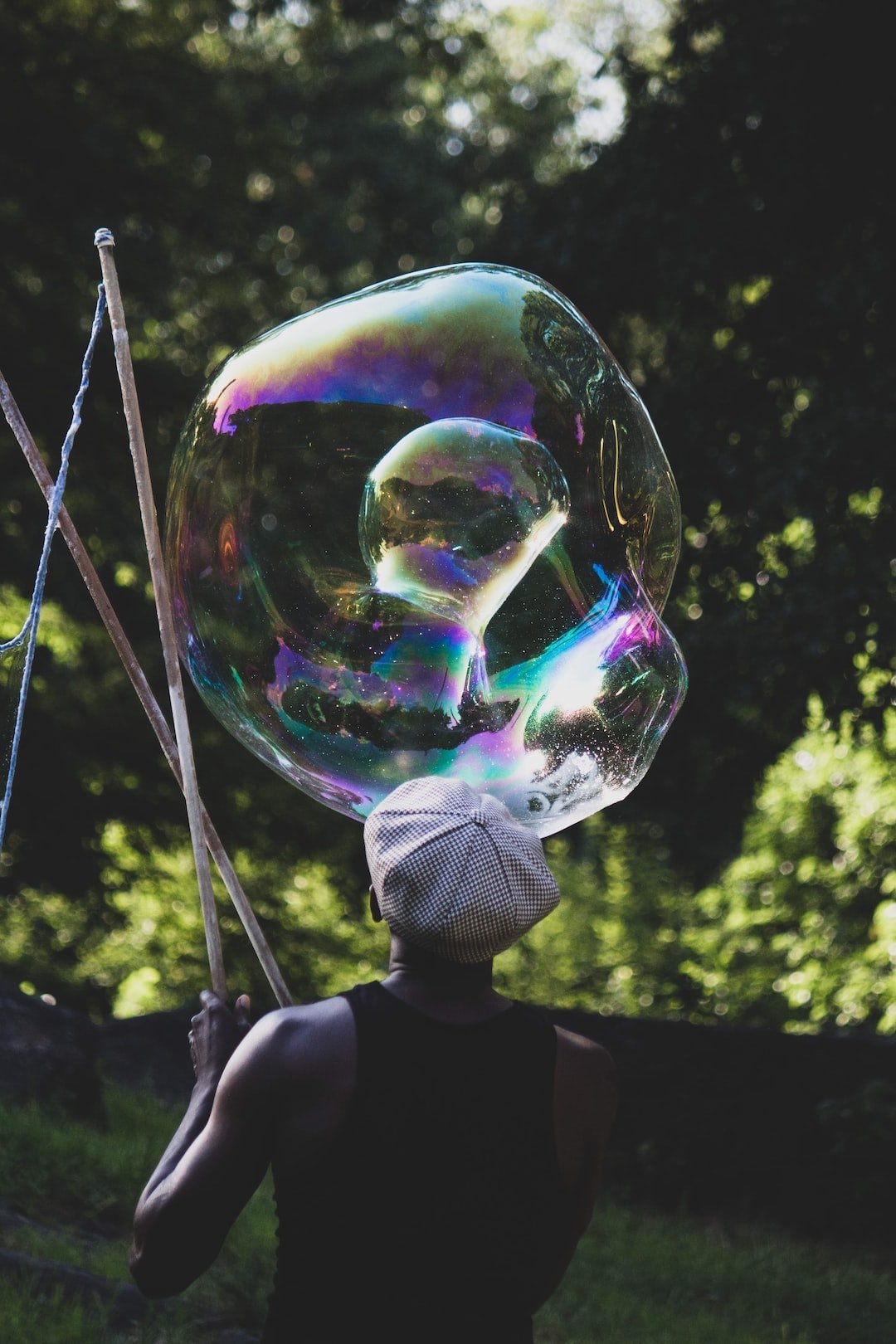The Impact of Social Media on Entertainment: From TikTok to YouTube
In recent years, social media has significantly transformed the entertainment industry, shaping the way we consume content and discover new talent. From the rise of viral challenges on TikTok to the immense popularity of YouTubers, the impact of social media on entertainment cannot be ignored. It has revolutionized the way we engage with entertainment, making it more accessible, interactive, and diverse.
One platform that has taken the world by storm is TikTok. With its short, catchy videos and addictive challenges, TikTok has become a breeding ground for viral sensations. It has given rise to a new generation of influencers who have quickly gained millions of followers and captured the attention of major brands. Through TikTok, talented individuals can showcase their creativity and gain recognition on a global scale.
One of the most significant impacts of TikTok on entertainment is its ability to make songs go viral. Songs that were once obscure are now topping the charts thanks to their popularity on the platform. Artists are leveraging the power of TikTok by creating dance challenges and encouraging users to upload their own versions. This not only increases the song’s exposure but also provides a unique opportunity for unknown dancers to gain recognition.
YouTube, on the other hand, has been a pioneer in the world of social media entertainment for over a decade. It has given birth to the phenomenon of YouTubers, individuals who produce and upload content on the platform. YouTubers have become celebrities in their own right, with millions of subscribers eagerly awaiting their latest videos.
What sets YouTube apart is its democratizing nature. Anyone with a camera and an internet connection can become a YouTuber and potentially build a following. This has empowered individuals to create their own content, breaking free from the traditional gatekeepers of the entertainment industry. It has allowed niche interests to find an audience, leading to a more diverse range of content being produced and consumed.
Furthermore, YouTube has provided a platform for underrepresented voices. People who may have been overlooked by traditional media now have the opportunity to tell their own stories. This has resulted in a more inclusive media landscape, where representation and diverse perspectives are valued.
In addition to giving rise to new talent, social media has also transformed the way we engage with established entertainment industries. Film studios, television networks, and music labels are now leveraging social media to promote their content and connect with audiences. Platforms like Instagram and Twitter have become essential tools for celebrity branding and fan engagement.
The impact of social media on entertainment is not without its challenges. It has raised concerns about issues such as privacy, cyberbullying, and the monetization of content. However, the benefits outweigh the drawbacks, as social media has opened up a world of opportunities for both creators and consumers.
In conclusion, social media platforms like TikTok and YouTube have revolutionized the entertainment industry. They have given individuals the power to create and share content, democratizing the traditional gatekeepers of entertainment. Moreover, they have enabled diverse voices to be heard and have transformed the way we engage with established entertainment industries. As social media continues to evolve, its impact on entertainment will only continue to grow, bringing about exciting changes and new possibilities for the future.

